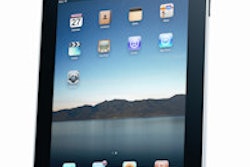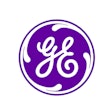While mobile health (mHealth) apps have the potential to broaden healthcare access and control costs, more regulatory oversight is needed to ensure consumer confidence and safety, according to an article in the New England Journal of Medicine.
In the article published last week, several health law experts noted that additional funding and in-house technical expertise is needed for the U.S. Food and Drug Administration (FDA) to oversee the ongoing flood of mHealth products. Out of approximately 100,000 mHealth apps on the market, only about 100 have been cleared by the FDA, according to a research team led by Nathan Cortez, an associate dean of research at Southern Methodist University's Dedman School of Law (NEJM, July 24, 2014, Vol. 371:4, pp. 372-379).
An under-regulated mobile health industry could create a "Wild West" market, Cortez said in a statement. In 2017, mHealth apps are projected to produce $26 billion in revenues, up from $2.4 billion in 2013.
While the vast majority of mHealth products are very low risk, some apps make promises they can't fulfill and others make errors that could harm patients, Cortez said. Life-threatening technical mistakes have already occurred; for example, in 2012 Sanofi-Aventis had to recall a diabetes app that miscalculated insulin dosages.
Cortez noted that several congressional bills have been proposed to strengthen FDA jurisdiction over mHealth products, with one proposing the creation of a new Office of Wireless Health within the FDA. However, more restrictive bills have also been introduced to keep the FDA from regulating "clinical software" or applying a regulatory framework that "could inhibit future growth and innovation," he said.
The belief that FDA regulation will stifle innovation is a very short-term way to think about this situation, according to Cortez. If dangerous errors and disproven product benefits are allowed to proliferate, "some very useful products will be undermined by widespread consumer distrust."


















